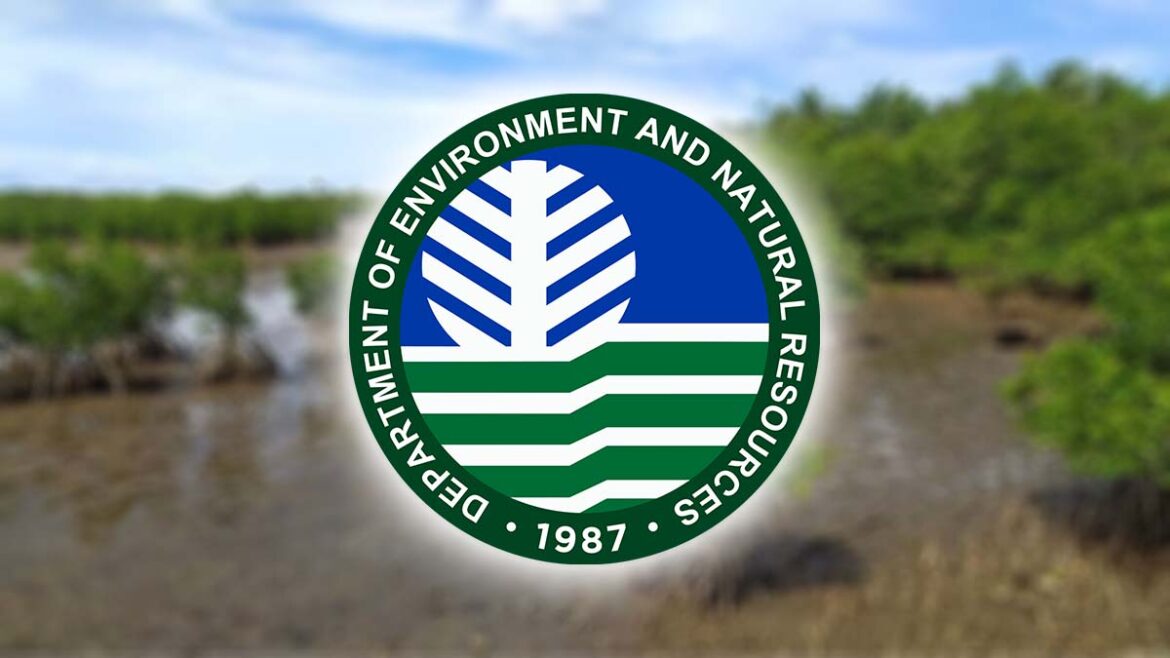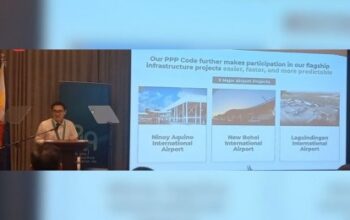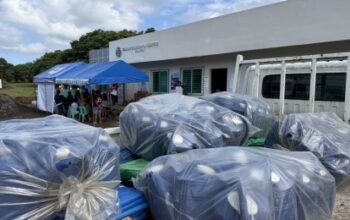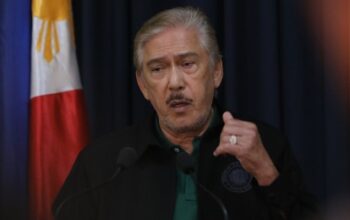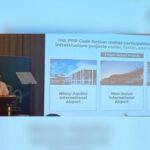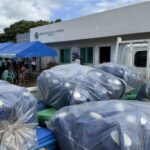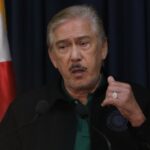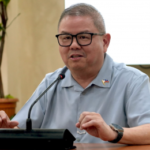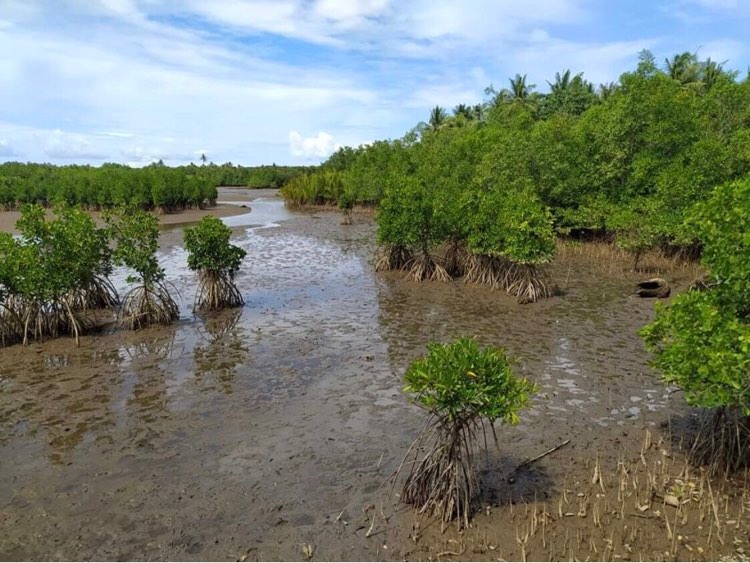
LEGAZPI CITY – Albay 2nd District Rep. Joey Sarte Salceda has thanked the Department of Environment and Natural Resources (DENR) for pioneering the construction of a Biosphere Reserve and Research Center (BRDC) building in Manito town, Albay. The facility will serve as a rescue shelter and monitoring area for biodiversity resources, particularly marine wildlife in the province.
Albay was declared a World Biosphere Reserve by the United Nations Educational, Scientific and Cultural Organization (UNESCO) in March 2016, joining the world list of places for learning sustainable development and biodiversity conservation with the sustainable use of natural resources.
When he was Albay governor, Salceda laboured mightily to have his province declared as UNESCO’s biosphere reserve site, one of only two in the Philippines to date. The approval was given in March 2016 in Lima, Peru, following the recommendation of the Man and Biosphere or MAB Program’s International Co-ordinating Council.
The construction of the two-storey Albay BRDC building, with a watchtower roof, broke grounds last July 11, on a 500-square meter lot donated by the town of Manito, which prides itself as vast mangrove conservation area. The DENR said the construction of the facility will be completed in December this year.
The center will be the hub of Albay’s conservation and research initiatives on its rich biodiversity and ecosystems, and depository of environmental data and assessments, said Salceda, who also proposed the setting up of the Biodiversity Management Bureau (BMB) of the DENR years ago.
The Albay facility will likewise serve as a “rescue center” for marine life with a watch tower, and as a station for the organized Bantay Dagat (Sea Rangers) and Bantay Gubat (forest rangers) teams in the area. Manito town forms part of Salceda’s second Congressional district.
Salceda said Albay as a biosphere reserve is a mark of excellence and a challenge to Albayanos to continuously protect and nurture its rich environment.
This is our “modest contribution to the inter-generational transfer of resources to the future of the country and the future of everyone,” he said, adding that sustainable development is a way of life, in the areas of sustainable fishing, agriculture, and tourism.
“We in Albay are deeply committed, nationally and internationally, to climate change mitigation and adaptation. For these reasons, we believe we can contribute greatly to the World Network of Biosphere Reserves,” Salceda stressed.
He said that Albay as a biodiversity reserve is a “Science for Sustainability support site,” considered as “learning sites” on sustainable development issues.
Albay’s high conservation value, Salceda said, is constituted notably by its 182 terrestrial plant species, 46 of which are endemic, and marine and coastal ecosystems which include 12 species of mangrove, 40 species of seaweed or macro-algae, and 10 species of sea grass. Five of the world’s seven species of marine turtles are to be found in Albay.
When it was declared as a biodiversity reserve, Albay, through its strong environment programs, has “increased its terrestrial buffer zone from 35,000 hectares to over 62,000 hectares. Furthermore, the revised zonation now includes over 68,000 hectares as a marine buffer zone and over 65,000 hectares as a marine transition zone.
Following the declaration, Albay has also further strengthened measures designed to protect endangered turtle spawning sites across the province, he added.


